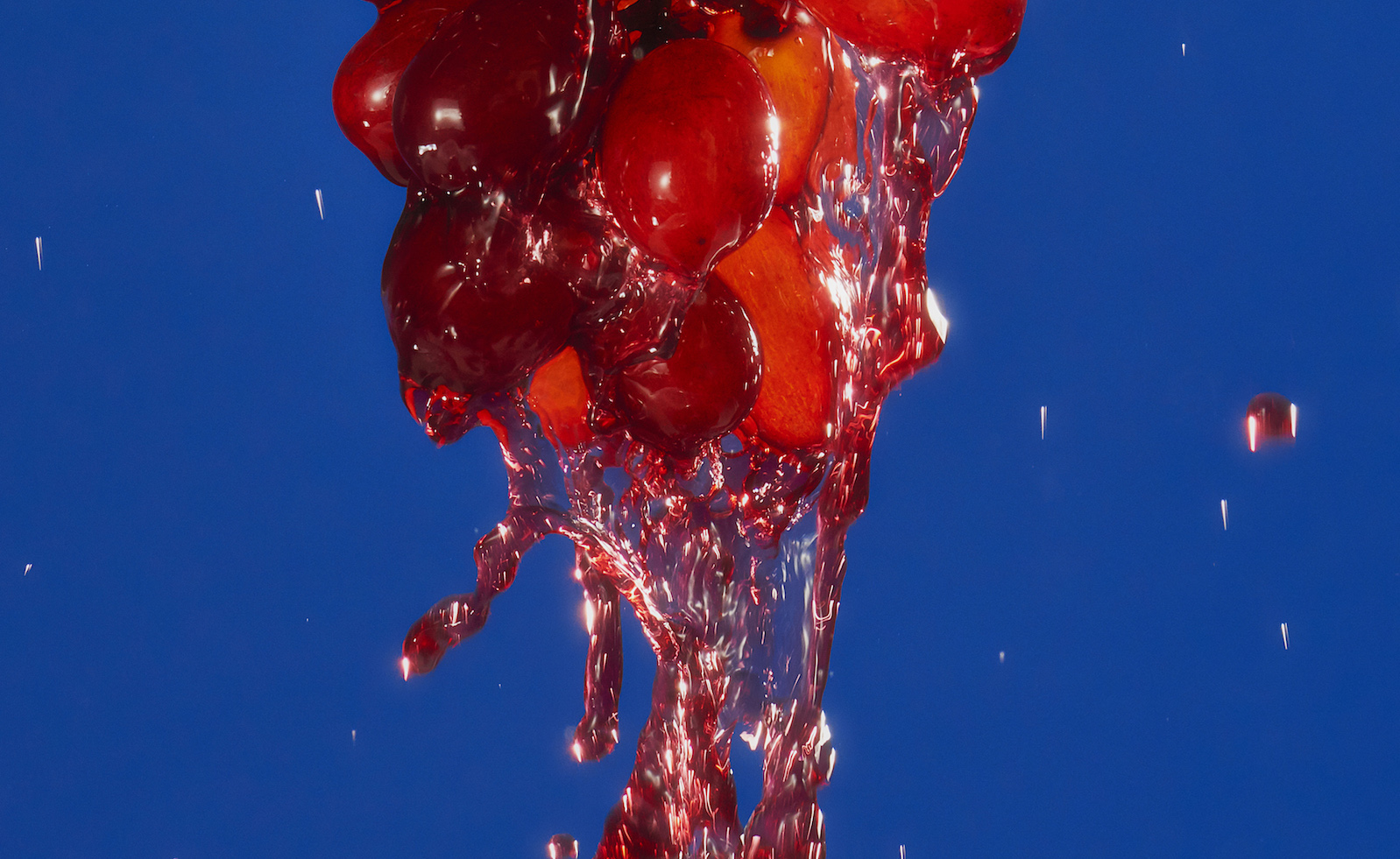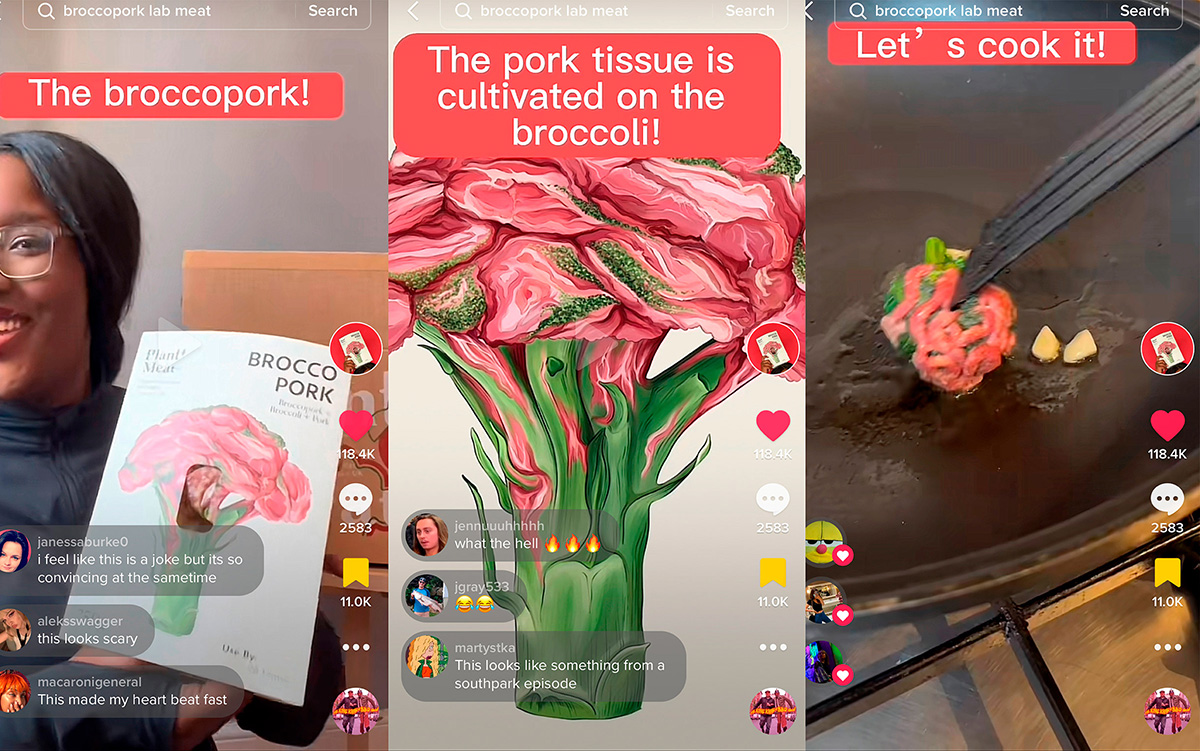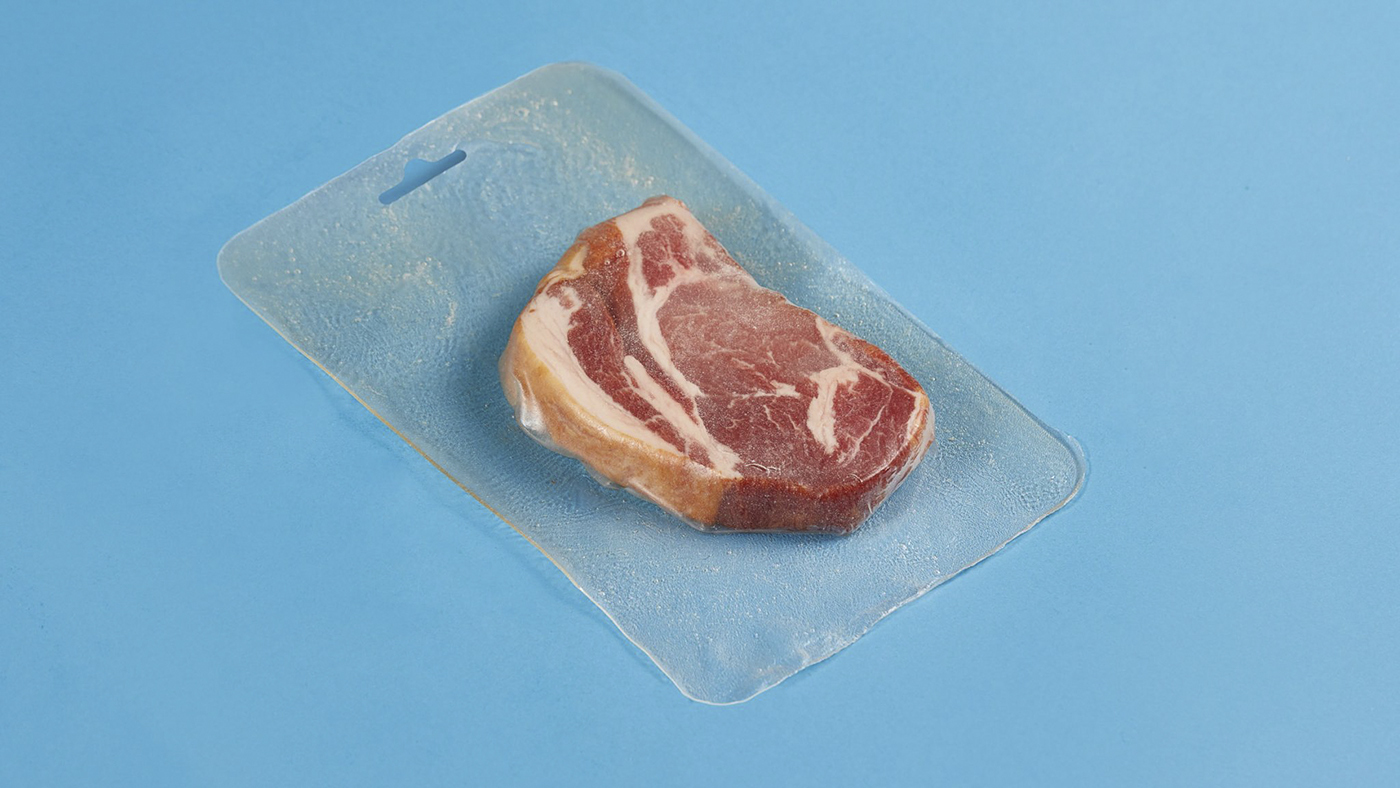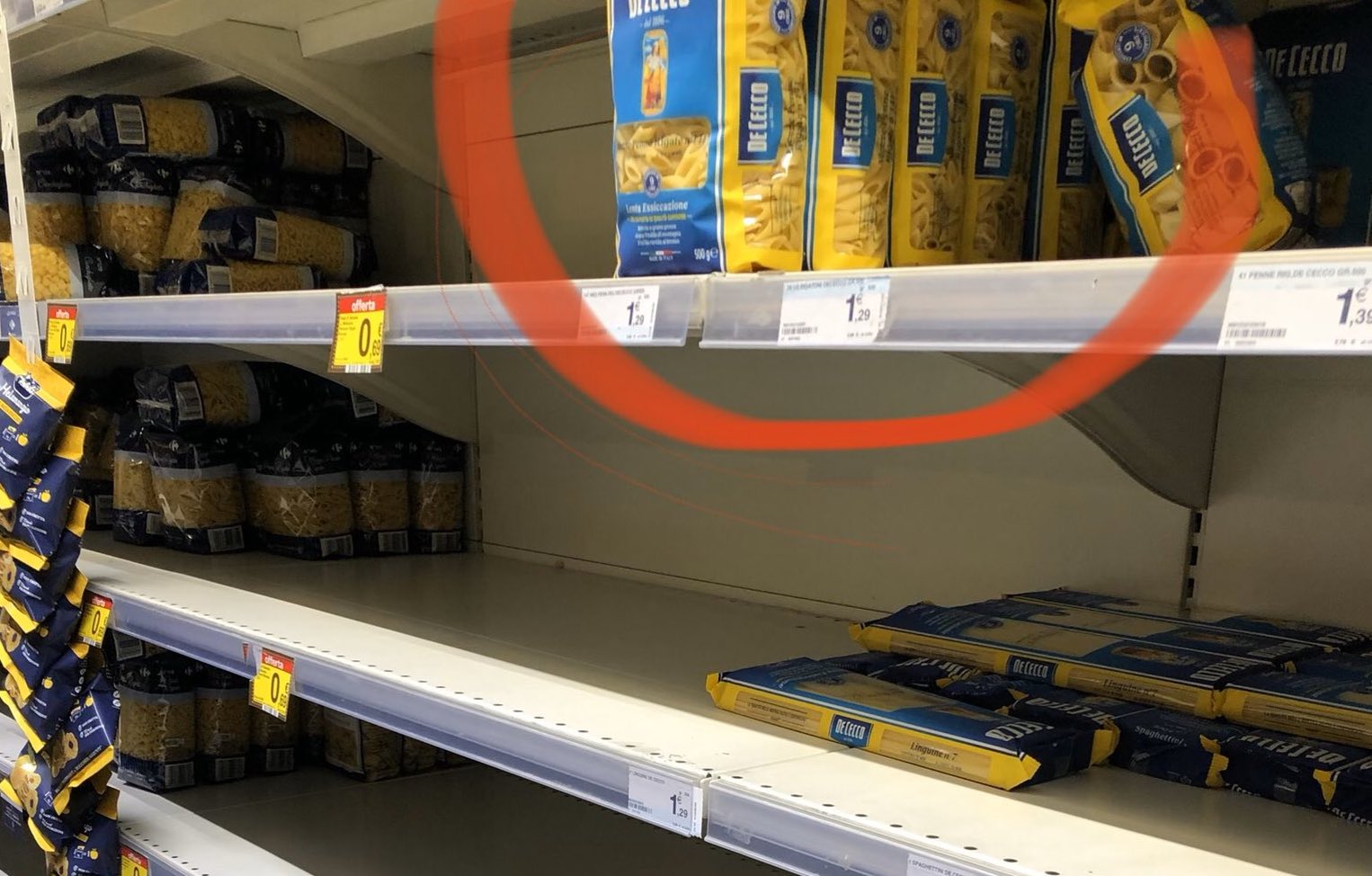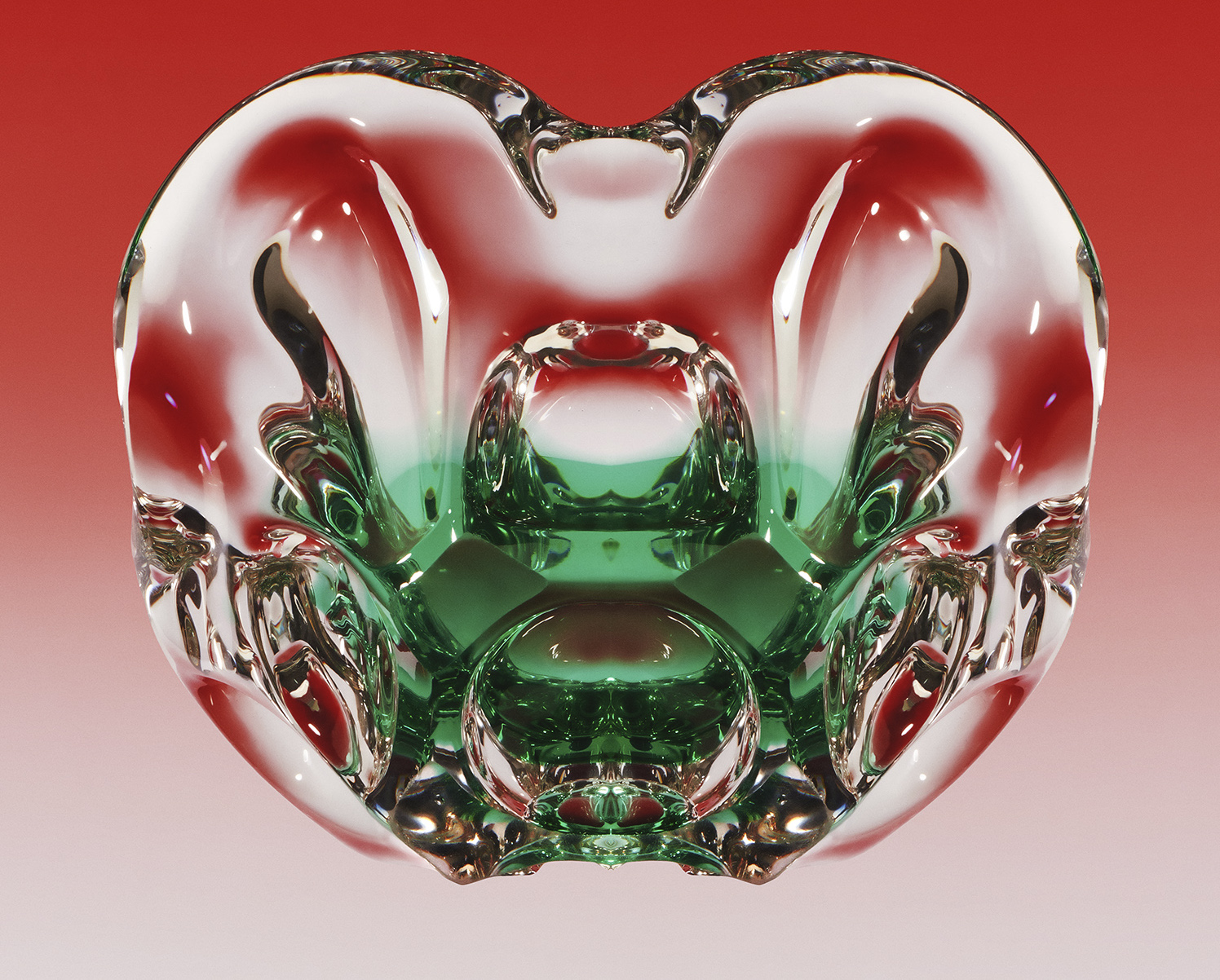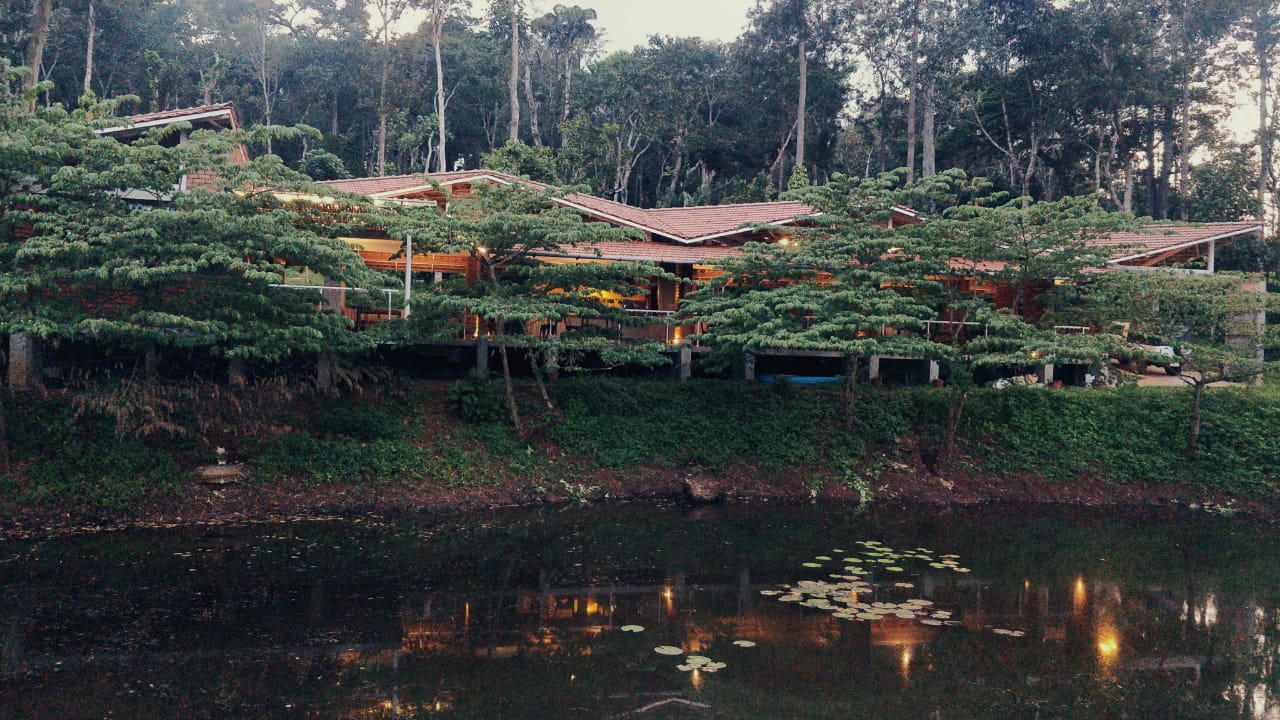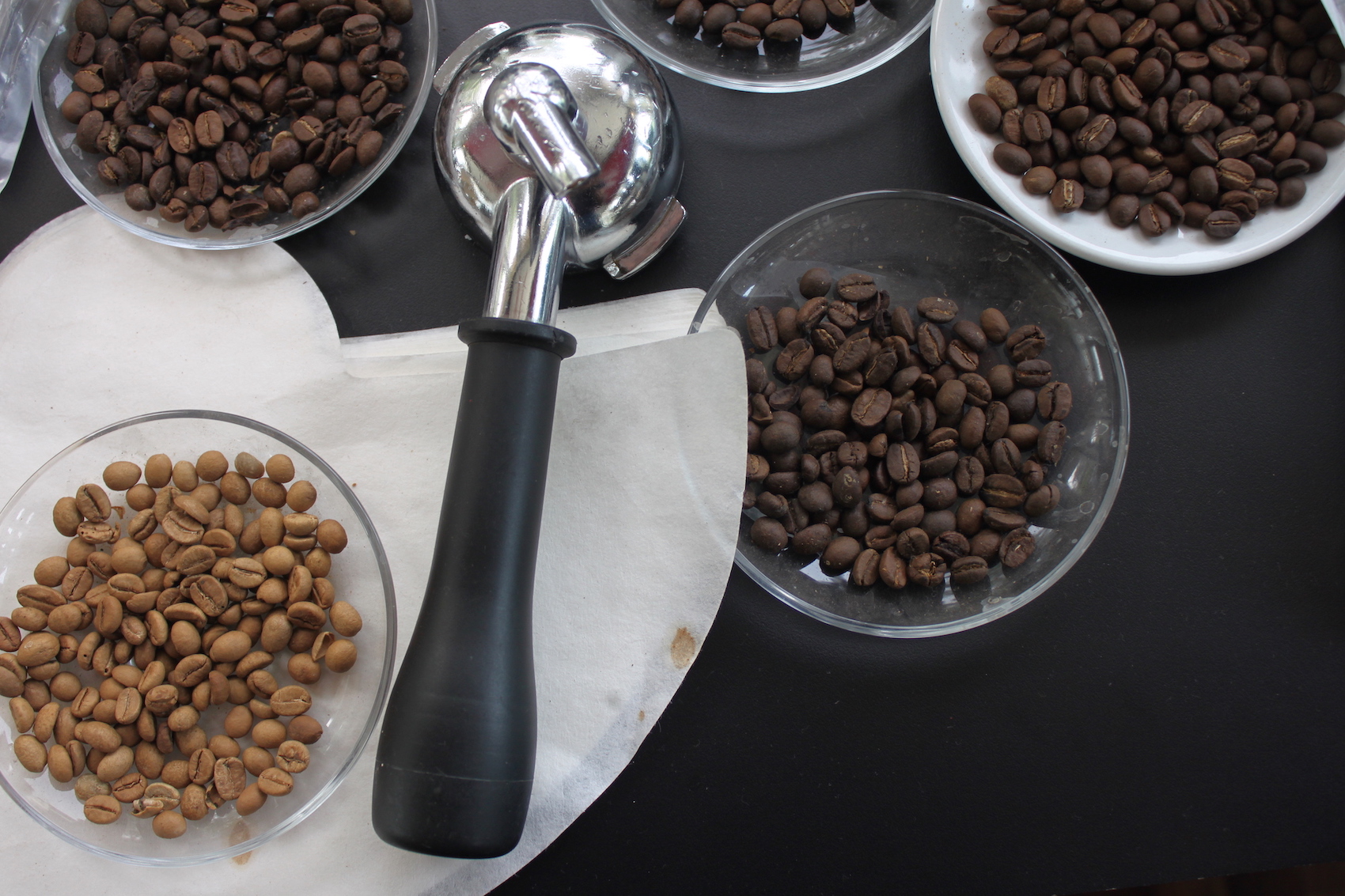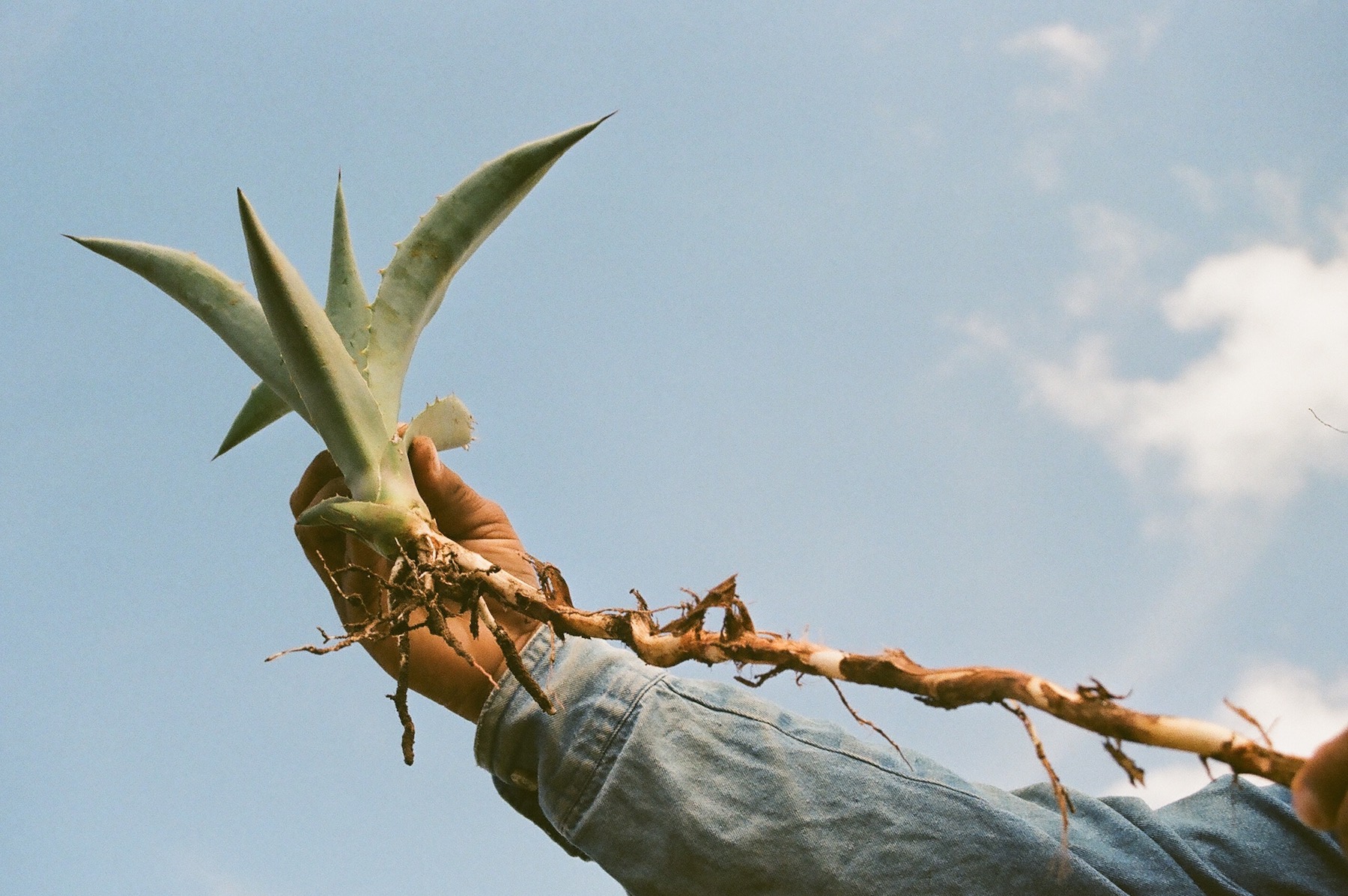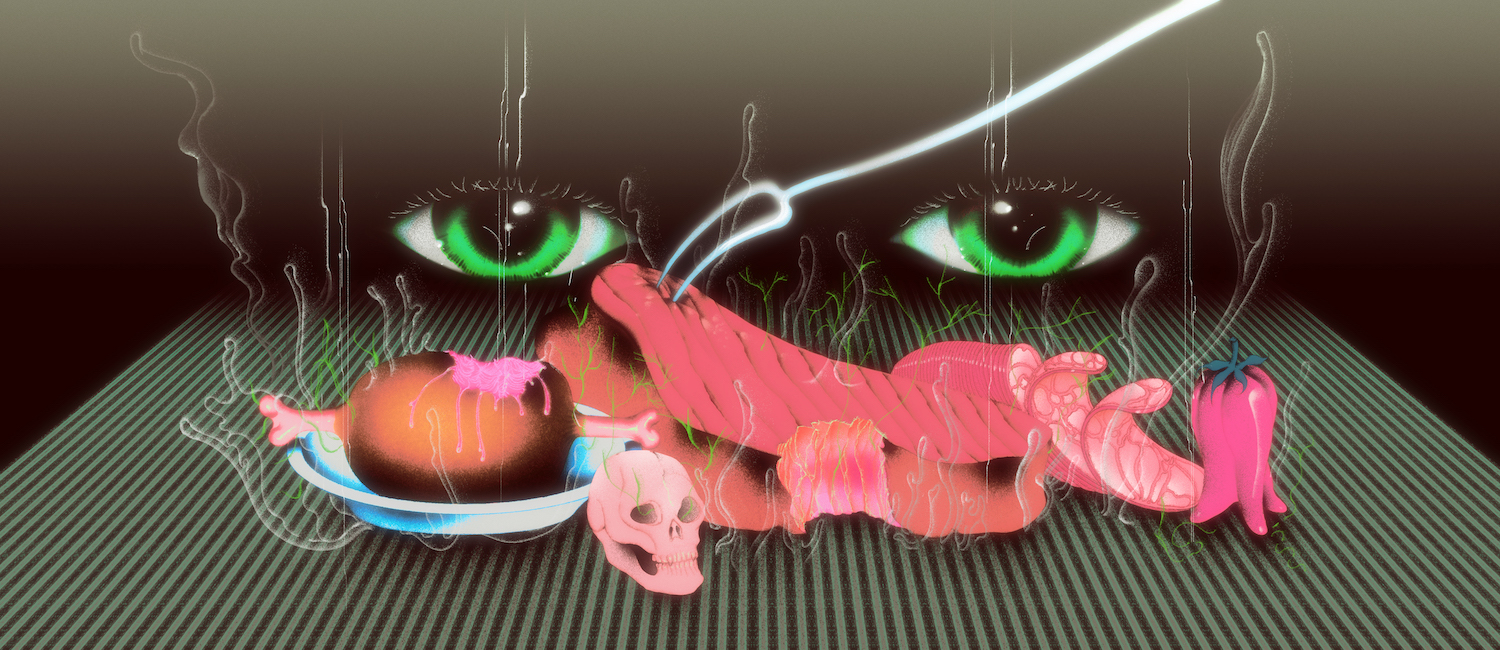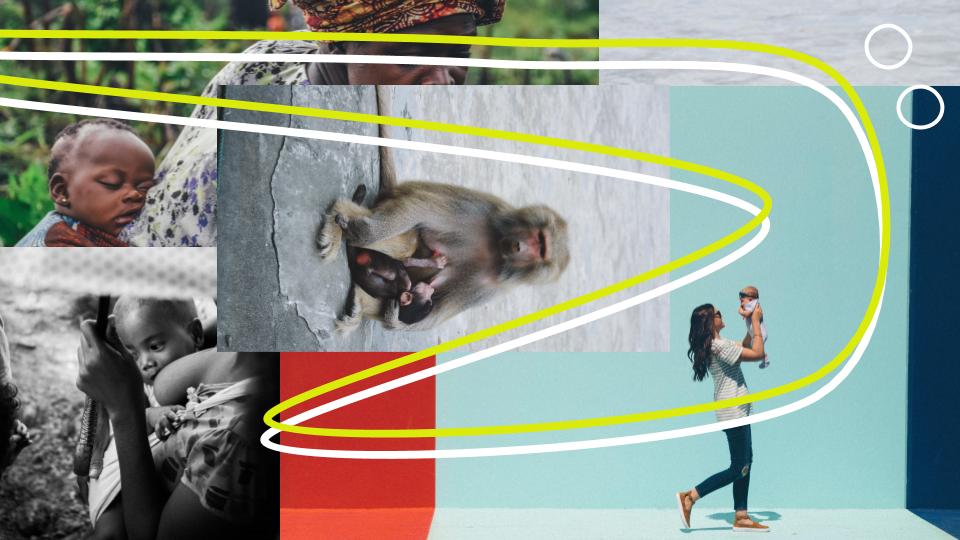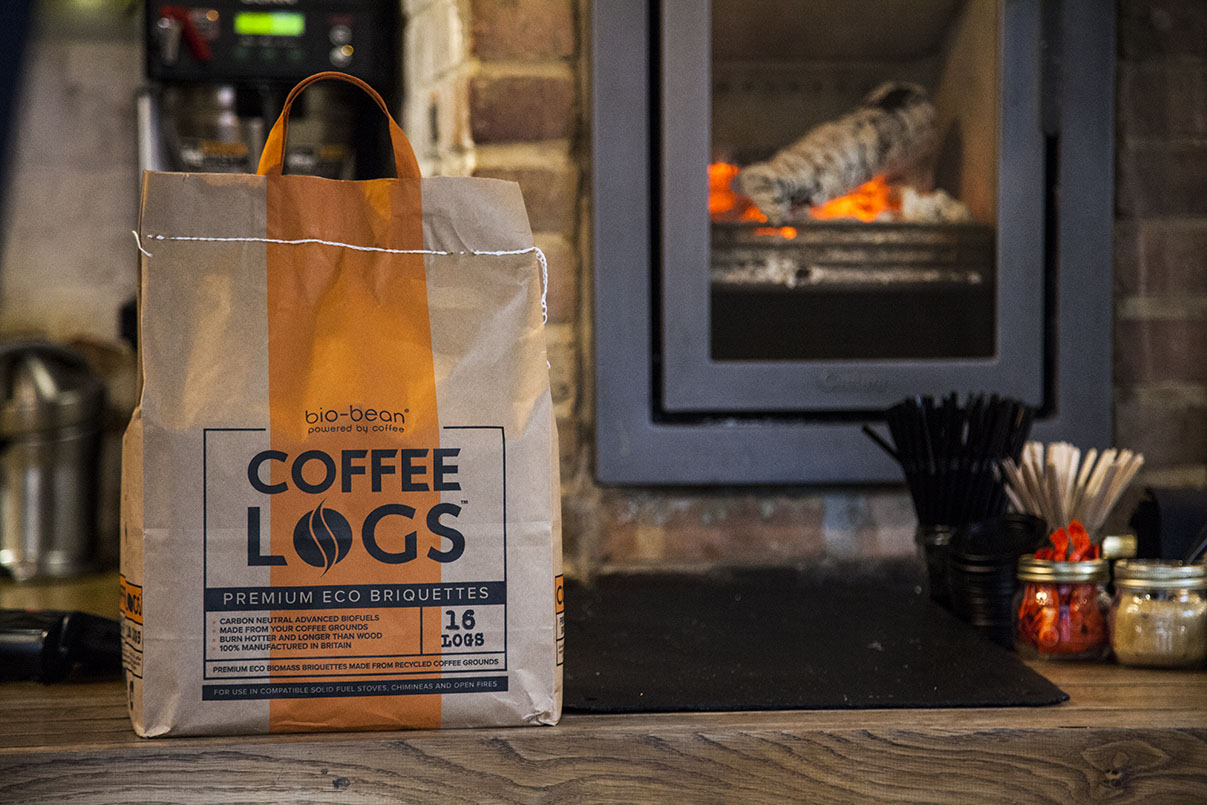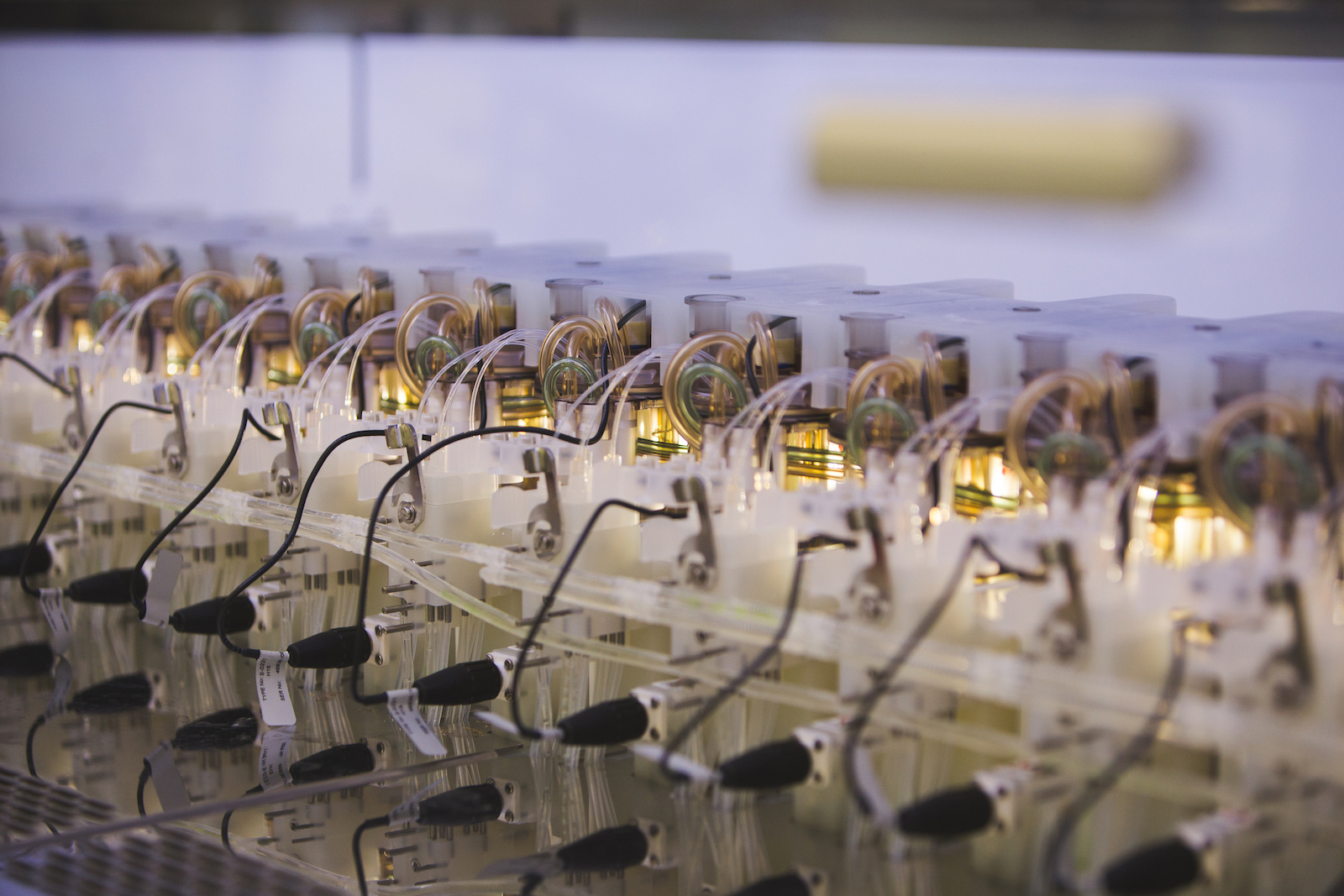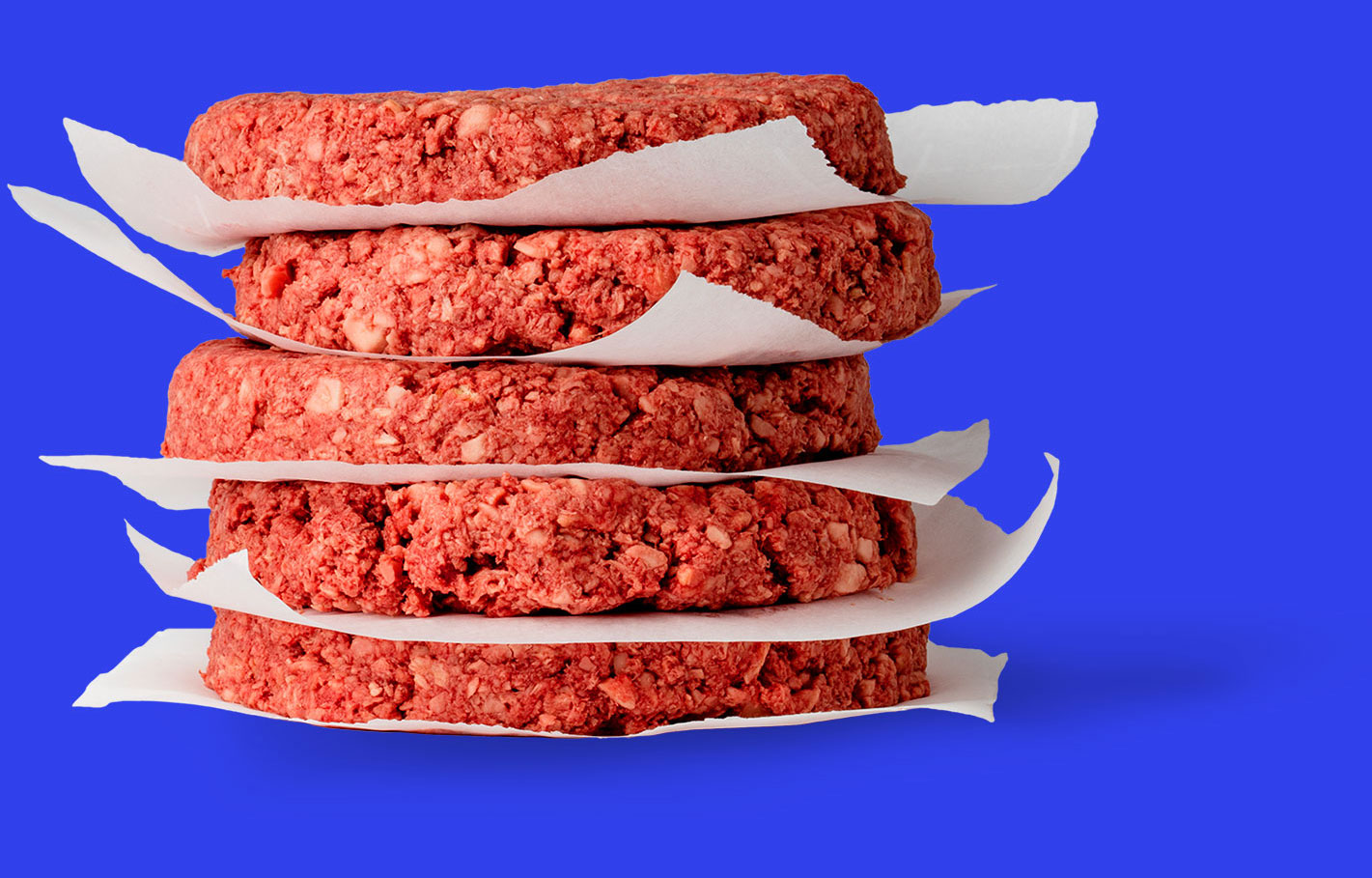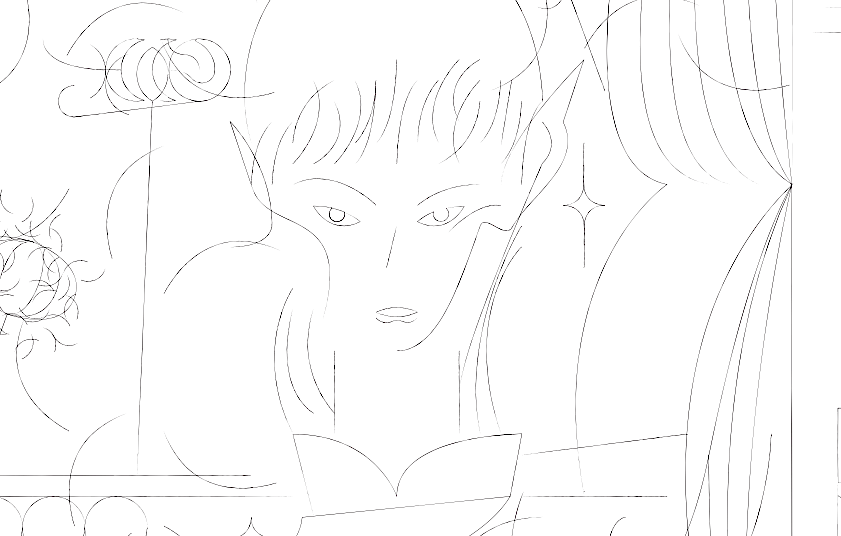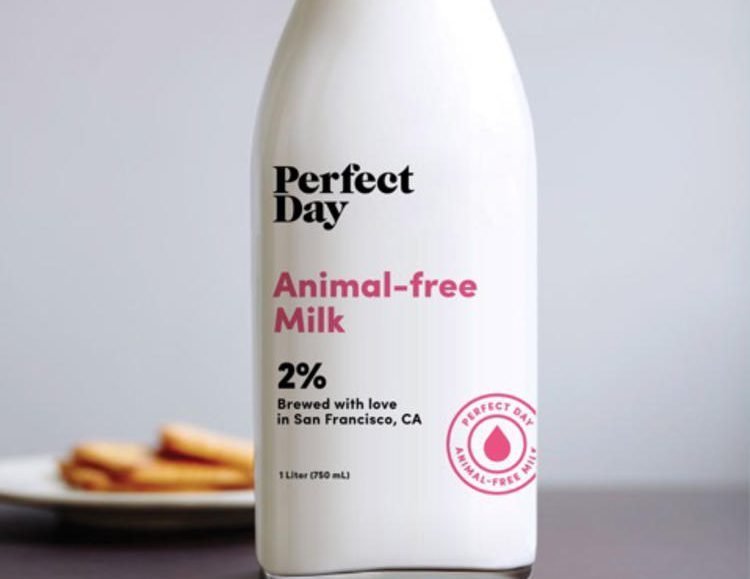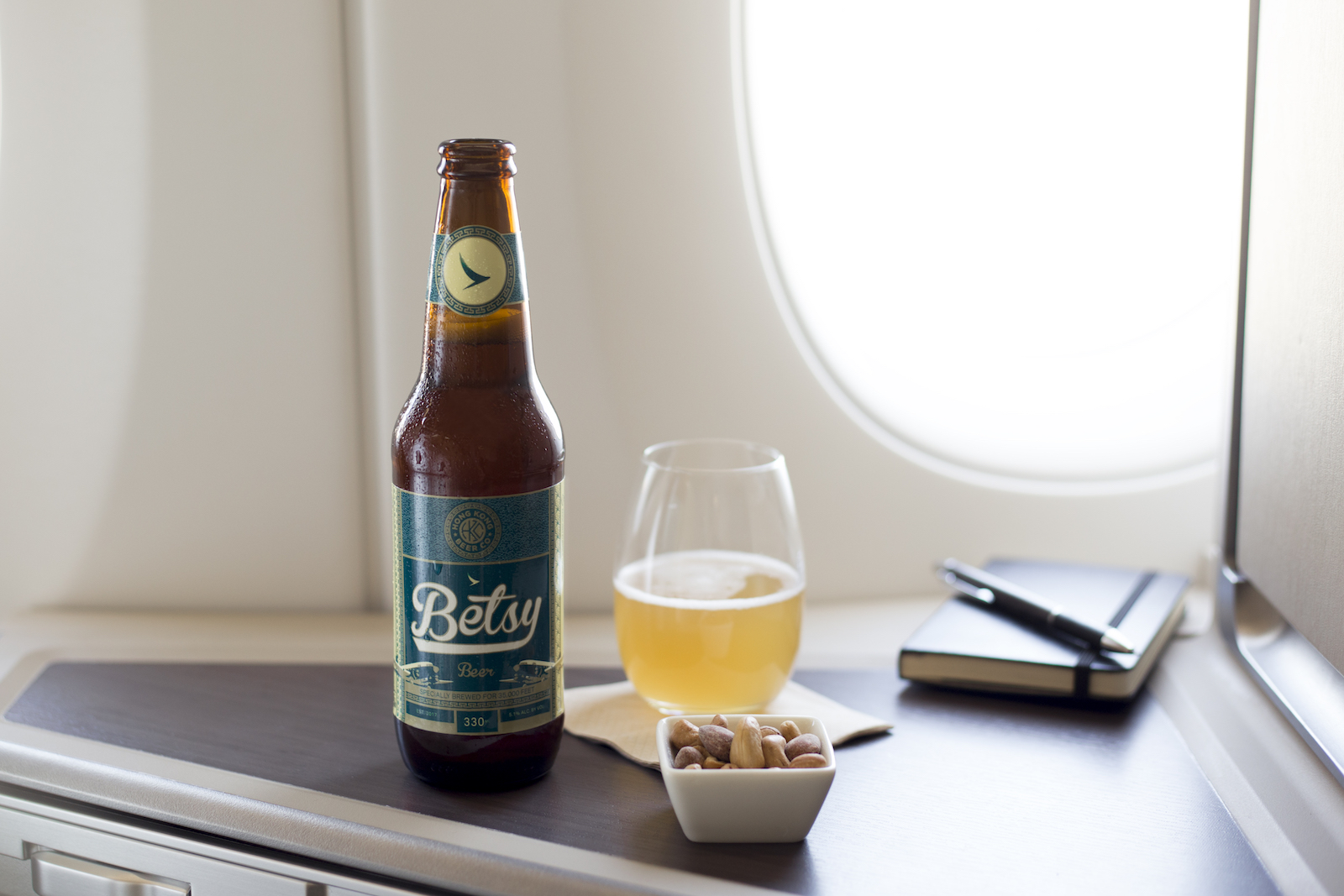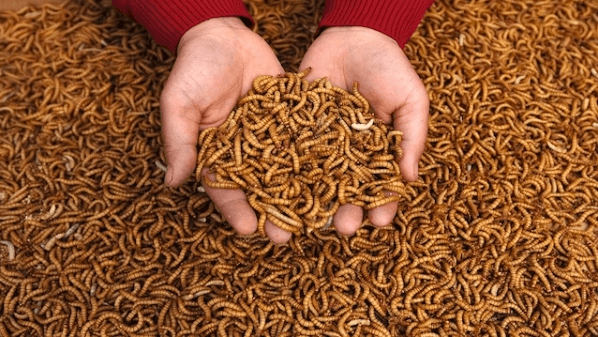This story is part of MOLD Magazine: Issue 01, Designing for the Human Microbiome.
Natural wine is about preserving life from the vineyard, to the cellar and into the glass. I mean that quite literally—natural wines are full of life. If you’ve ever looked at wine under a microscope, it speaks for itself! Because life is fundamental to what makes natural wine so wonderful, you cannot have natural wine without organic farming and a vineyard that pulses with the living. Indeed, if a wine is made naturally but not farmed organically, in the end it is just a low-intervention wine and nothing more.
Because great wine is all about great agriculture, my book is predominantly about farming and real, practical stories. I want readers to inhabit the skin of an Italian producer who makes phenomenal homemade bread or a southern French lady who heals herself with plants. They’re not just winemakers—they’re real people with real philosophies that go far beyond wine. My book is as much about a way of living—a belief in life—as it is about wine itself. When you drink a great bottle of natural wine and when you eat food with provenance that has been produced with respect, you feel nourished in a way that isn’t possible otherwise.

My preference for natural wines is connected to my respect for nature—it’s the only religion I know. I firmly believe that nature and the natural equilibrium of things is always better. When you let things ferment, the juice, yeast and bacteria do their thing all by themselves and the result is always more thrilling, more exciting and more authentic. It’s a bit like hanging out with people who are very confident with who they are and don’t try to be anything else—which is one of the most difficult things. I think the toughest journey is just to be you. With wine, it’s the same.
I like the expression of natural wines. I like the fact that they evolve, that they mature. I sometimes find that conventional wines almost decay with time. There is a drying process almost like the drying of herbs—a mummification if you will. In the process you lose beautiful layers. When you make wines naturally over time you actually preserve a lot of that freshness, but the evolution is different. Researchers now believe that this difference might be attributed to the bacteria in the wine. In any case, natural wines are capable of aging and real maturity, which is more interesting.
Surprisingly, many in the wine trade still believe that natural wine doesn’t age well. Given the number of aged examples I have tasted, I know this is untrue. I was even lucky enough to participate in a blind tasting in the Jura with Pierre Overnoy which featured wines dating back to the ‘50s—all naturally made, farmed and completely sulfite free. I am so sure of natural wine’s ageability that I make a make a point of cellaring a lot of wines myself and now have bottles which are 15-20 years old. But I am in the minority as most in the conventional trade wouldn’t lay natural wines down which sadly means there aren’t a lot of examples to buy. One that you could get hold of—if your wallet allows—is a Domaine de la Romanée-Conti (DRC), which many do not realize is a natural wine. It is both naturally farmed and naturally made, they use very little sulfites (sometimes none at all) and it is a wine that famously ages well.
It’s quite extraordinary because clean, healthy grapes have everything they need in and around the berry to become wine—complete nutrients, sugars, yeast and bacterial populations (which are everywhere). They have everything they need to create something that, with a little bit of guidance from the human touch, can produce extraordinary results. The key is to farm properly, so why take a shortcut? For me, I just love this idea that the berry, microbiology and life, has the potential of producing something so remarkable. Isn’t that wonderful?

Sadly, we live in a sterilized world, where people are scared of all bugs. Anything vaguely unclean is banished and that’s a shame. As HRH Prince Charles said when the EU threatened to ban unpasteurised cheese: “It should strike terror into the hearts of any true born Frenchman…and all other people…who find that life is not worth living unless you have a choice of all the gloriously unhygienic things which mankind—especially the French portion of it—has lovingly created.” Luckily, a revival of fermented foods has begun but I’d love to see more people take it up themselves. After all, you can definitely do it yourself at home. Instead of grapes, experiment with cabbage or other vegetables and ferment by squashing them down to release their juices, add a little salt and bingo: sauerkraut or kimchi will be born within four or five days—or months—if you’re willing to wait and experiment.
With wine, naturally made, it’s pretty much the same thing. You literally drink life from that particular vineyard. There is a population living in every bottle. You could open a bottle in New York and you would literally be drinking a slice of life from a little spot in France, Spain or Italy. You don’t get that with conventional wines which have been disinfected in a way. I just love the fact that I can open a bottle of natural wine and have a little bit of Jura in the glass.
